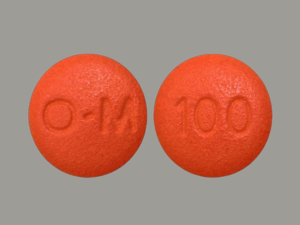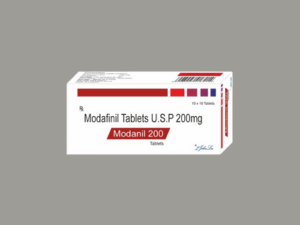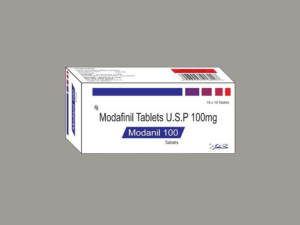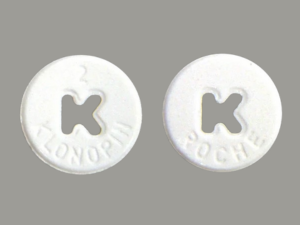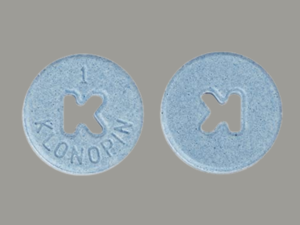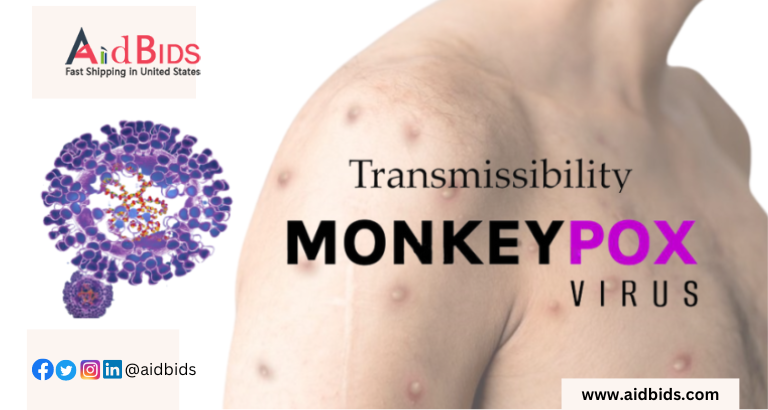
Monkeypox Virus: Pattern of human-to-human transmissibility
Monkeypox virus is a virus that can infect humans and cause a severe, sometimes fatal, illness. It is characterized by the appearance of multiple skin lesions. It is a small, single-stranded RNA virus, which is a member of the Coronaviridae family.
In the increase of COVID-19 cases, the diagnosis is mainly made through the RTPCR test. On the other hand, another deadly virus named monkeypox is detected by histopathology diagnosis through a microscope.
Amid an increase in the COVID-19 cases, more than 20 countries have reported cases of monkeypox, leaving people anxious about getting infected with both the virus.
According to some experts, there are no cases reported at present, so there is no need to panic, and they also emphasized that the chance of the infection from monkeypox is low, and it does not spread like COVID-19.
Medical professionals and researchers know how this virus is transmitted and how it can be contained.
Table of Contents
What is the monkeypox (poxvirus) virus?
Monkeypox is a zoonotic virus that can transmit diseases from animals to humans. Some cases of this virus occurred nearly in tropical rainforests, where animals carry the virus.
This virus belongs to the family of the orthopoxvirus. It also has two distinct genetic strains: the West African clade and the central African clade. The congo basin code is also known to spread more quickly and cause more severe symptoms.
Monkeypox naturally occurs in Africa, especially in central and west African nations. Cases of this virus in the United States are rare and are associated with international travel to places where this virus is more common.
Transmission of monkeypox virus?
Monkeypox virus can spread when an individual comes into contact with the virus from an infected animal, infected people, or material contaminated with the virus. The virus can also cross from the mother to her fetus from the placenta.
Monkeypox virus may spread from animal to people through the bite of an infected animal. Monkeypox virus may also spread through direct contact with fluids of the body or sores on an infected individual or with materials that have touched fluids of the body, such as lines and clothing.
This virus primarily spreads between individuals through direct contact with infectious sores. It can also be applied during intimate contact between couples, such as during sexual intercourse, and activities such as touching body parts with the sores of this virus, cuddling, and kissing. It is unknown if the Monkeypox virus can spread through vaginal fluids and semen during these activities.
It is not yet confirmed which animal maintains the virus in nature, although African rodents are suspected of playing a part in transmitting this virus to you.
Monkeypox virus vs. smallpox virus?
Monkeypox is the same as smallpox but is a milder form caused by the monkeypox virus, which belongs to the same family of orthodox viruses. It is commonly found in the regions of Africa and the rainforest of Africa.
It is milder than smallpox, and its symptoms are similar to smallpox. Its symptoms are the same as smallpox, such as rash, headache, fever, or flu-like symptoms, but it is still limiting and is cured in about three weeks.
The main difference between monkeypox and smallpox is that apart from the flu-like symptoms, monkeypox causes enlargement of the lymph glands and nodes, which are there in your body, which helps you to differentiate between the two.
Experts say that symptoms of monkeypox are milder than smallpox, and fatality is about 10 percent.
The other main difference is that this virus is also spread from animal to person through rodents, squirrels, and monkeys, through either broken skin or bites from them, or through direct contact with the infected blood of the animal.
Signs and symptoms of monkeypox
Monkeypox symptoms may include:
- Exhaustion
- Nodes
- Swollen lymph nodes
- Chills
- Body aches
- Fever
- Rash
- Depression
- Anxiety
- Body Pains
It produces symptoms the same as smallpox but milder. The duration from infection to the onset of symptoms, which is also known as the incubation period ranges from 5 to 21 days. This illness is generally resolved within two to four weeks.
Severe cases are more common among individuals with underlying immune deficiencies and young.
Precautions
While medical professionals agree that the general public is low, there are several precautions you can take to alleviate the risk of contracting the virus. Recommendations from the US Organizations and WHO may include:
- Avoid coming into contact with an individual recently diagnosed with the virus or those who have been infected.
- Always wear a face mask if you are in close contact with an individual who has symptoms.
- Make sure you use condoms and keep an eye out for the symptoms if you have recently changed sexual partners.
- Avoid coming in contact with anima that can be carrying the infection. It includes sick or dead animals, particularly those with a history of conditions, such as prairie dogs, rodents, and monkeys.
- Practice good hygiene, especially after coming into contact with infected and suspected animals or humans. For example, wash your hands with water and soap or use alcohol-based sanitizers.
- When carrying patients with confirmed or suspected monkeypox virus infections, use personal protective equipment.
Proper medications
There is no proper treatment for monkeypox. Existing cures for the disease were initially approved as a defense in case of a biological attack.
Clinical care for this virus should be fully optimized to reduce the symptoms, manage complications and prevent long-term sequelae. People suffering from this infection should be treated as indicated.
An antiviral agent known as lecovirimal that was developed for similar infections, smallpox, was licensed by a medicine agency for monkeypox in 2022 based on human and animal studies data. It is not yet widely available.
It is used for patient care; this medicine should be ideally monitored in a chemical research context with prospective data collection.
Several studies of about 85 percent effectiveness in preventing monkeypox and a vaccine for monkeypox were demonstrated. Thus, prior vaccination for smallpox may result in milder illness. Evidence of previous vaccination against smallpox can generally be found as a scar on the upper arm.
The original vaccine is no longer available to the general public.
Conclusion
New virus monkeypox is a rare viral disease. It is a zoonotic condition, which means that it can spread among humans and animals. This virus can also spread between two human individuals.
The first symptoms of this virus may include fever, swollen lymph, and muscle aches. As the disease progresses, it can cause a rash on your face and extremities.
The rash consists of lesions that can turn into fluid-filled blisters, then dry and fall off. This rash can typically start off on your face and then progresses downward.
Monkeypox usually occurs in tropical regions of western and central Africa. So, if you have recently traveled to these countries or areas, it is necessary to get screened for the infection of this virus.
FAQs
Q1. Is the monkeypox virus as dangerous as COVID-19 disease?
No, according to experts monkeypox virus is less lethal and dangerous than COVID. Compared to the monkeypox virus, COVID-19 si more fatal and complicated as it can spread rapidly from one individual to another.
Q2.Is monkeypox going to spread into a pandemic?
Fortunately, the cases of the monkeypox virus around the world appear to be non-life-threatening and all containable. According to WHO, there is a moderate risk that this virus could spread widely across the globe.
Q3. Can monkeypox spread faster than COVID-19 disease?
No, the transmission of the monkeypox is not faster than the COVID-19 virus. The transmission of the monkeypox only during close contact. On the other hand, the COVID-19 virus is an air-borne disease.
Q4. Which medicine is effective against the monkeypox virus?
Smallpox vaccines such as vaccinia immune globulin and ST-246, and cidofovir can help to control and relieve the symptoms of monkeypox outbreaks.
Q5.How to know if you have a monkeypox virus?
The symptoms of this virus generally include rashes, swollen lymph nodes, low energy, back pain, muscle aches, headache, and fever. The skin infection or rash usually begins within one to three days of the initial stage of fever.

